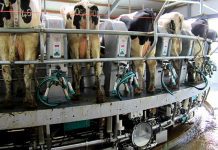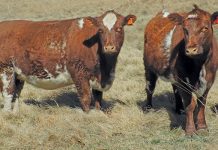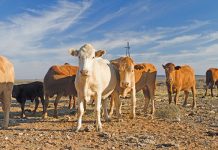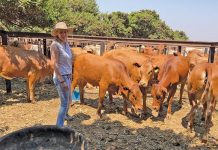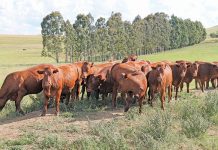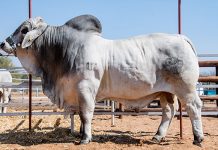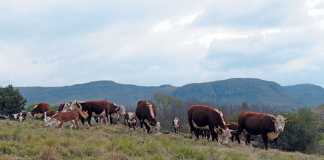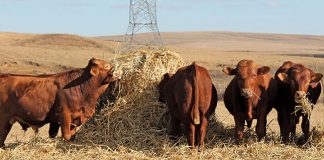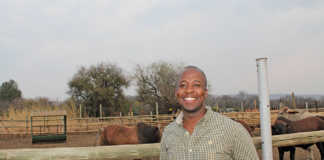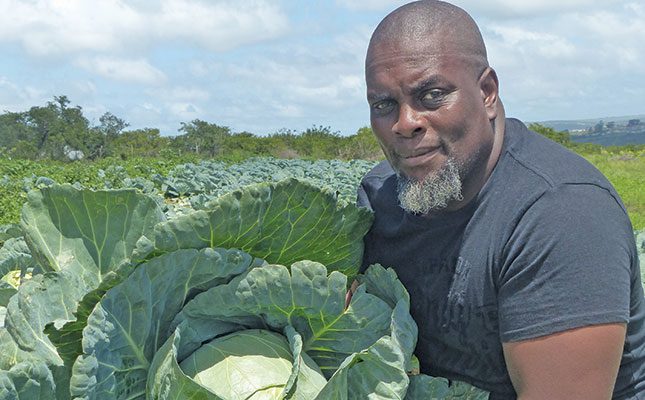
Photo: Mike Burgess
“There have been many ups and downs, but you must stick to it and focus on your vision. For the past six years that I have lived this life, I haven’t regretted it at all,” says Lubabalo Ngcwembe (43), from Zwelitsha near Qonce in the Eastern Cape, about his fledgling farming career.
It started in 2017 when his brother, Khaya, who works for Toyota SA, purchased a 45ha farm near Qonce and offered Ngcwembe, then still a full-time disc jockey (DJ), the opportunity to farm it.
READ Livestock adaptability: what it is, and why it matters to a buyer
In 2018, a neighbouring 45ha farm was added, and the combined 90ha unit was christened Ikhasilethu (Our Castle), on which Ngcwembe has managed to establish a profitable livestock and vegetable production enterprise despite numerous challenges, including high levels of crime.
Building Ikhasilethu
Ngcwembe was raised in the sprawling township of Zwelitsha near Qonce, which in the 1980s was defined by acute political unrest.
By the mid-1990s however, he matriculated in a new democratic South Africa and after a few unsuccessful attempts at tertiary education (in the information technology field), he completed a carpentry course at Lovedale College in Alice.
Despite this qualification, though, he could not find a job, and eventually turned to his passion of playing music for an income.
For years he plied his trade as a DJ in the Eastern Cape, but by 2016 realised he would need to boost his income to effectively support his children.
His brother’s offer for him to farm Ikhasilethu therefore came as a welcome and timeous opportunity.
“I needed to put food on the table,” recalls Ngcwembe. “I really have never regretted becoming a farmer.”
He however admits that the transition from the township entertainment scene to an agricultural environment was a baptism by fire.
“When I got here, I knew nothing; I didn’t even know how to drive a tractor. I had to adapt and quickly learn different skills. Often, I would have to become an electrician, plumber or mechanic, because if you cannot do these things the price is very high when you call in a specialist.”
At first, the Ikhasilethu farming operation simply required consolidation of what was already there, and a great deal of effort was taken to repair fencing, fix machinery and renovate the old stone house.
In 2021, Ngcwembe’s mother, Mavis, moved from the Dutywa region of the former Transkei to live on Ikhasilethu with her son, by which stage a small flock of goats and a herd of cattle were on the farm and a tunnel system had been erected, although the tunnels were abandoned to plant open field vegetables.
Growing his cattle herd
Ikhasilethu is now home to 60 cattle, of which 40 are breeding female animals. They are mainly of the Brahman type, but also include some Beefmasters and a handful of dairy cows (Holstein and Jersey).
The first cattle were bought with the farms, comprising 15 Brahman-type animals and five dairy cows.
Soon thereafter, 12 more dairy cows were bought with the purpose of starting a small dairy, but they all died, and the decision was changed to run only beef cattle on the property.
In 2018, the decision was made to introduce 10 Beefmaster heifers to the farm, and earlier this year Mavis’s small herd of Brahman-type cattle, that were still running on communal land in Dutywa, were transferred to Ikhasilethu.
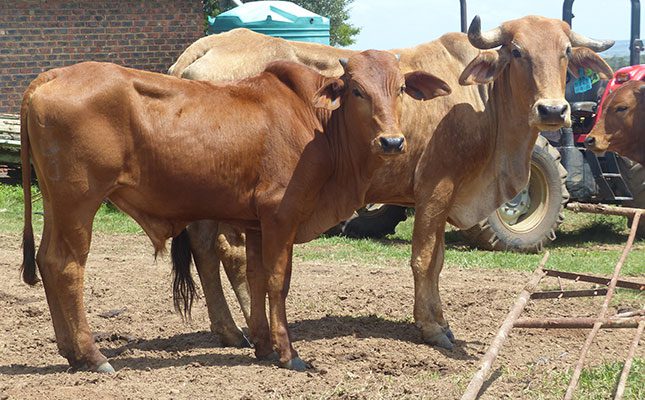
Bulls run with breeding female animals all-year-round on the farm, and the herd achieves a calving rate of 60%. Tick loads are heavy in the area, and therefore dipping takes place once a month in winter and twice a month in summer to prevent redwater, heartwater and gallsickness.
A standard immunisation and dosing programme is adhered to, while the cattle receive a protein lick in winter and a phosphate lick in summer.
READ Diagnosis and treatment of the main livestock diseases
However, Ngcwembe says the way he farms cattle is about to change as the Agricultural Research Council (ARC) is currently advising him on how best to phase out all Brahman-type cattle and replace them with Beefmasters.
ARC will assist in training him to entrench strict record-keeping principles in his beef enterprise and define a breeding season to ensure an effective weaner production system.
“Before the ARC stepped in we were doing many things wrong; I mean, I was from the streets of Zwelitsha. It is exciting that ARC is guiding us into the formal weaner market so we can move away from the market where somebody comes around looking for cattle for slaughter and a price is decided visually.”
Cabbages, Goats and Crime
Ngcwembe produces vegetables on about 10ha, with a focus on cabbage, spinach and chillis. All crops are irrigated from the Yellowoods River via drip irrigation, with cabbage proving to be the best all year-round money-spinner.
At least 2ha are under cabbage production at any given time of the year, and preferred cabbage cultivars include Conquista, Superslam and Grandslam. Cabbages and other fresh produce are marketed directly to Pick n Pay and Spar in Qonce and nearby Peddie.
READ Study reveals the motives behind stock theft
Ikhasilethu is also home to a small flock of about 20 Boer and Savanna-type goats, but Ngcwembe aims to only have Savannas going forward. A Savanna ram runs with the ewes all year round and a kidding percentage of about 80% is achieved.
Goats are sold mostly as kapaters into traditional markets where they are slaughtered at ritual gatherings. The goats take advantage of the considerable browsing potential on Ikhasilethu, but are frequently targeted by thieves.
“The thieves are killing our business; they are messing us up. Crime is a big issue,” says Ngcwembe.
In fact, his cattle have not escaped the attention of the roving stock thieves either, and several animals were brazenly slaughtered in the veld in 2018, 2021 and this year.
He says criminals have the upper hand in the region because of the failure of the police to maintain visible policing.
“Since 2017, the only time [the police] are here [on Ikhasilethu] is when something has happened, he says. “I have been to them often, requesting visibility. Besides the loss of livestock and property, there are psychological and practical consequences to the never-ending cycle of crime.”
Some camps on the fringes of the farm simply cannot be used by livestock as they are too vulnerable to theft. Fences are often cut and vandalised by thieves, which necessitates the continual need for expensive and time-consuming repairs.
Ngcwembe says society would be greatly disadvantaged without farmers, and more priority should be given to the policing of agricultural areas.
“Without farmers there is no life in South Africa. We are fulfilling a big role. Every time a load of cabbages leaves this farm, it is going to feed South Africans.
Phone Lubabalo Ngcwembe on 062 480 3046.

